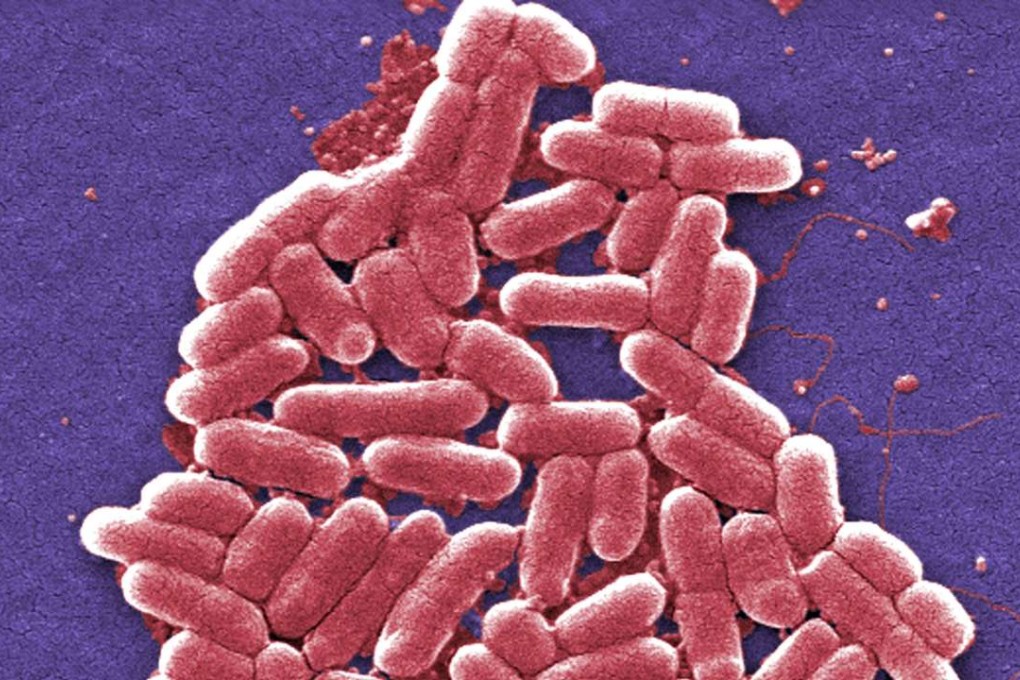Doctors alarmed as nightmare superbug, resistant to every antibiotic, is found in first US patient

For the first time, researchers have found a person in the United States carrying a bacteria resistant to every known antibiotic, an alarming development that the top U.S. public health official says could mean “the end of the road” for antibiotics.
The antibiotic-resistant strain was found last month in the urine of a 49-year-old Pennsylvania woman. Defense Department researchers determined that she carried a strain of E. coli resistant to the antibiotic-of-last-resort colistin, according to a study published Thursday in Antimicrobial Agents and Chemotherapy, a publication of the American Society for Microbiology. The authors wrote that the discovery “heralds the emergence of a truly pan-drug resistant bacteria.”
Colistin is the antibiotic that forms the last defence against particularly dangerous types of superbugs, including a family of bacteria known as CRE, which health officials have dubbed “nightmare bacteria.” In some instances, these superbugs kill up to 50 per cent of patients who become infected. The Centers for Disease Control and Prevention has called CRE among the country’s most urgent public health threats.
The end of the road isn’t very far away for antibiotics
It’s the first time this colistin-resistant strain has been found in a person in the United States. In November, public health officials worldwide reacted with alarm when Chinese and British researchers reported finding the colistin-resistant strain in pigs, raw pork meat and in a small number of people in China. The deadly strain was later discovered in Europe and elsewhere.
“It basically shows us that the end of the road isn’t very far away for antibiotics - that we may be in a situation where we have patients in our intensive-care units, or patients getting urinary tract infections for which we do not have antibiotics,” CDC Director Tom Frieden said in an interview Thursday.
“I’ve been there for TB patients. I’ve cared for patients for whom there are no drugs left. It is a feeling of such horror and helplessness,” Frieden added. “This is not where we need to be.”
CDC officials are working with Pennsylvania health authorities to interview the patient and family to identify how she may have contracted the bacteria, including reviewing recent hospitalizations and other health-care exposures. CDC hopes to screen the patient and her contacts to see if others might be carrying the organism. Local and state health departments also will be collecting cultures as part of the investigation.